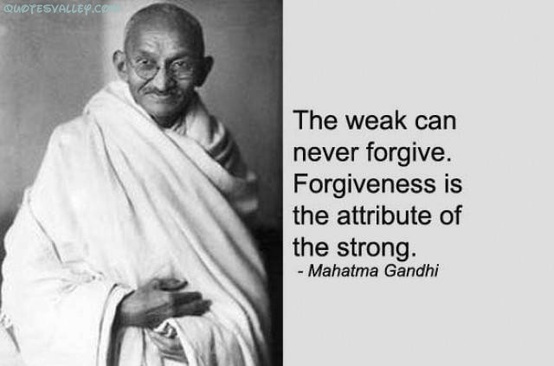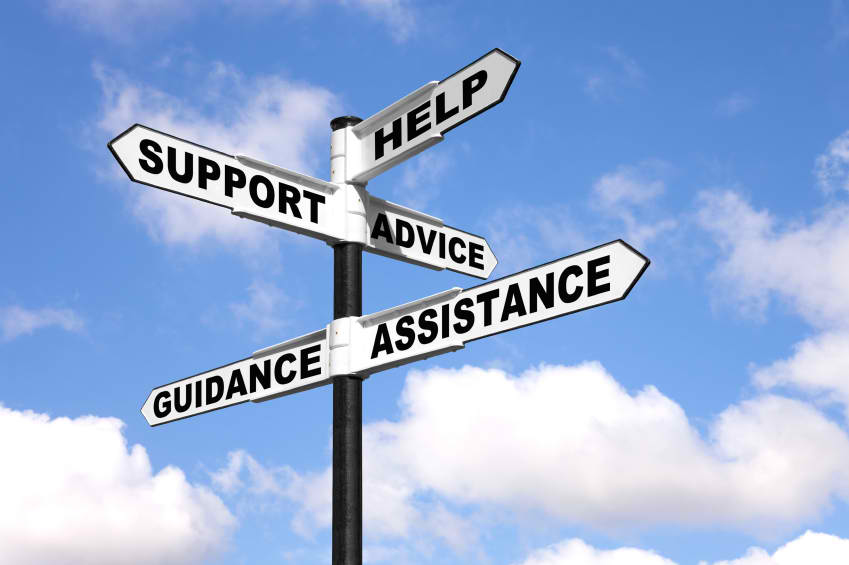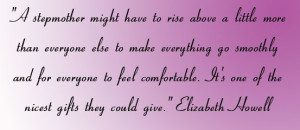Reconciling with an Estranged Adult Stepchild

The following post is by Karla Downing, M.A., Licensed Marriage and Family Therapist, author and founder of ChangeMyRelationship. Karla grew up in a dysfunctional family and eventually found herself in a difficult marriage. Through her personal struggles, she discovered biblical and practical principles she now teaches to others to change their lives and relationships. I’m signed up for her free relationship tips and truths and I encourage you to visit her website and sign up for them.

When there is a break in the relationship between yourself and an adult stepchild, there may come a time when you want to initiate reconciliation. You may come to this conclusion for multiple reasons which include to heal a breach in the family and make everyone more comfortable, to please your spouse, to make amends for what you have done that you now want to take responsibility for, or because you simply want to resume the broken relationship.
Here are some guidelines on what you should and shouldn’t do:
1. Do reach out and take the initiative with a call, a card, an email, a text, or by attending a family event where your stepchild will be. This opens the door to resuming the relationship and lets your stepchild know you are reaching out to him/her.
2. Don’t be too pushy, intense, or overwhelming. It is enough that you took the initiative. You can’t demand your stepchild respond or be ready to reconcile. Respect where your stepchild is at with you and the relationship.
Just because you are ready to work on the relationship doesn’t mean he/she is. Keep a respectful distance and continue to let him/her know you are open to reconciling.
3. Do be honest about your mistakes and regrets at the appropriate time and in the appropriate way. You don’t have to take responsibility for things that you didn’t do or things that you don’t feel bad about.
You do have to have a humble attitude that is willing to admit to your part without blaming your stepchild for your actions and without demanding your stepchild apologize to you. That will hopefully come later.
4. Do be willing to listen to your stepchild’s perceptions and feelings about what happened when he/she is ready to talk. You don’t have to agree with what he/she says, but you do have to show you genuinely care and want to understand.
If you are too quick to defend yourself or disagree, you won’t be open to hearing what is being said. Convey the sincere thought that you are sorry about what happened and how your stepchild was affected.
5. Don’t let go of boundaries that you need to have on things that are truly inappropriate. You don’t have to tolerate mistreatment or enable wrong behavior in order to resume the relationship.
You don’t necessarily have to have an acknowledgment of what your stepchild did to contribute to the breach, as he/she might not be ready to apologize, but you can have boundaries on what you won’t tolerate from now on.
6. Do be willing to forgive and let go of the past. Try to understand why your stepchild did what he/she did. Whether it was from immaturity, wrong choices, emotional reactivity, emotional wounds, addictions, mental illness, or just plain stupidity, compassion and empathy will enable you to let go of past wrongs.
7. Do make living amends by living differently today. Be the person you wish you would have been. Show your stepchild you have changed and that he/she can trust you to be the person who you say you wished you had been.
In almost all cases, reconciling is better for everyone. Estranged relationships happen but they don’t have to stay that way forever. Karla Downing offers relationship help as a speaker, author, licensed Marriage and Family Therapist, Bible study teacher, and mentor for women and men in difficult relationships.
She has a strong background in recovery through personal involvement and as the leader of a church-based Twelve Step recovery program at Yorba Linda Friends Church, Friends in Recovery. She also teaches these principles to lay counselors, Stephen Ministers, pastors, and Women’s ministry and small group leaders.
Karla’s passion is to see individuals, marriages, and families set free from the chains of dysfunction, misunderstanding, and emotional pain through a correct understanding of what the Bible teaches about relationships.
Her book “When Love Hurts: 10 Principles to Transform Difficult Relationships” will provide you with practical relationship tools to deal with your difficult relationships. Here is the link for more information: http://www.changemyrelationshi










